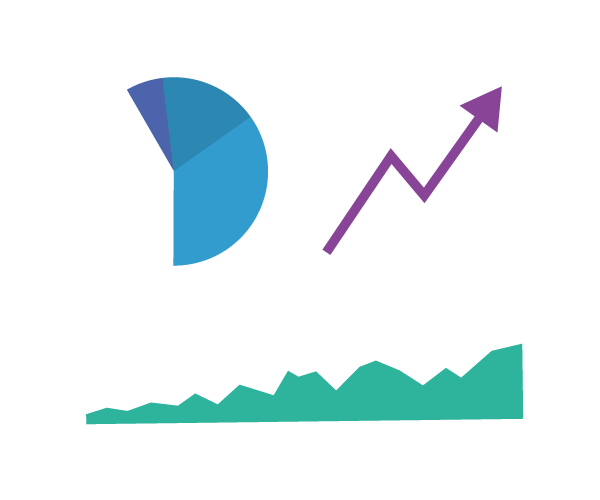
The edtech pilot size dictates the types and amount of data needed for participants. Consider gathering information from educators, leaders, students, and the product itself to best understand user experiences and learning outcomes.
Review academic calendars and testing schedules, so students and teachers are not overburdened by the data collection process.

For definitions of our taxonomies, see our About section.
The Academic Self-Efficacy Subscale from Self-Efficacy Questionnaire for Children (SEQ-C), first published by Muris in 2001, measures students’ general academic, social, and emotional self-efficacy.
This is a sample data collection instrument to collect meaningful data when stakeholders in a pilot visit a classroom that is piloting a product.
The Computer Attitude Questionnaire (CAQ) measures attitudes toward and use of technology in addition to technology literacy for middle school students (grades 6 through 8) based on Likert-scale self-reporting.
Vancouver Public Schools’ Digital Evaluation Team developed this student survey to evaluate the efficacy of digital tools.
Vancouver Public Schools’ Digital Evaluation Team developed this teacher survey to evaluate the efficacy of digital tools.
A survey used to capture changes in student attitudes and skills at the end of the pilot.
A survey used to gather baseline data from students before the pilot begins.
A survey to capture changes in teachers’ attitudes and skills at the end of the pilot.
A survey for teachers to understand their readiness to begin a pilot as well as baseline attitudes and skills.
A 22-question survey for students about their experience using a new edtech product in a pilot study.
This case study considers types of evidence to collect when piloting instructional technology.
Review usage trends, aggregate data and factors that may be influencing edtech use to fidelity in the US with Lea(R)n’s 2017 EdTech Usage Trends Report.
The Educational Technology Integration Questionnaire (ETIQ) measures teachers’ ability to integrate technology.
This guide helps teachers identify and formalize their classroom need by walking them through a process to create their inquiry question and identify the metrics they will use to assess if the product solved their specific problem.
Informed by more than 100 product evaluations across diverse education environments, IMPACT Analysis is used to rapidly analyze individual edtech product utilization, pricing and student achievement data in seconds to inform instructional, operational and budget decisions.
Vancouver Public Schools developed this classroom observation protocol with a specific focus on personalized learning.
A brief survey for students about their experience using a software tool, developed by West Ada School District.
A brief survey for teachers about their experience using a software tool, developed by West Ada School District.
The Youth Motivation, Engagement, and Beliefs Survey (YMEBS) measures program fit for the student population, identifies how much students benefited from participation, and assesses social and emotional development.